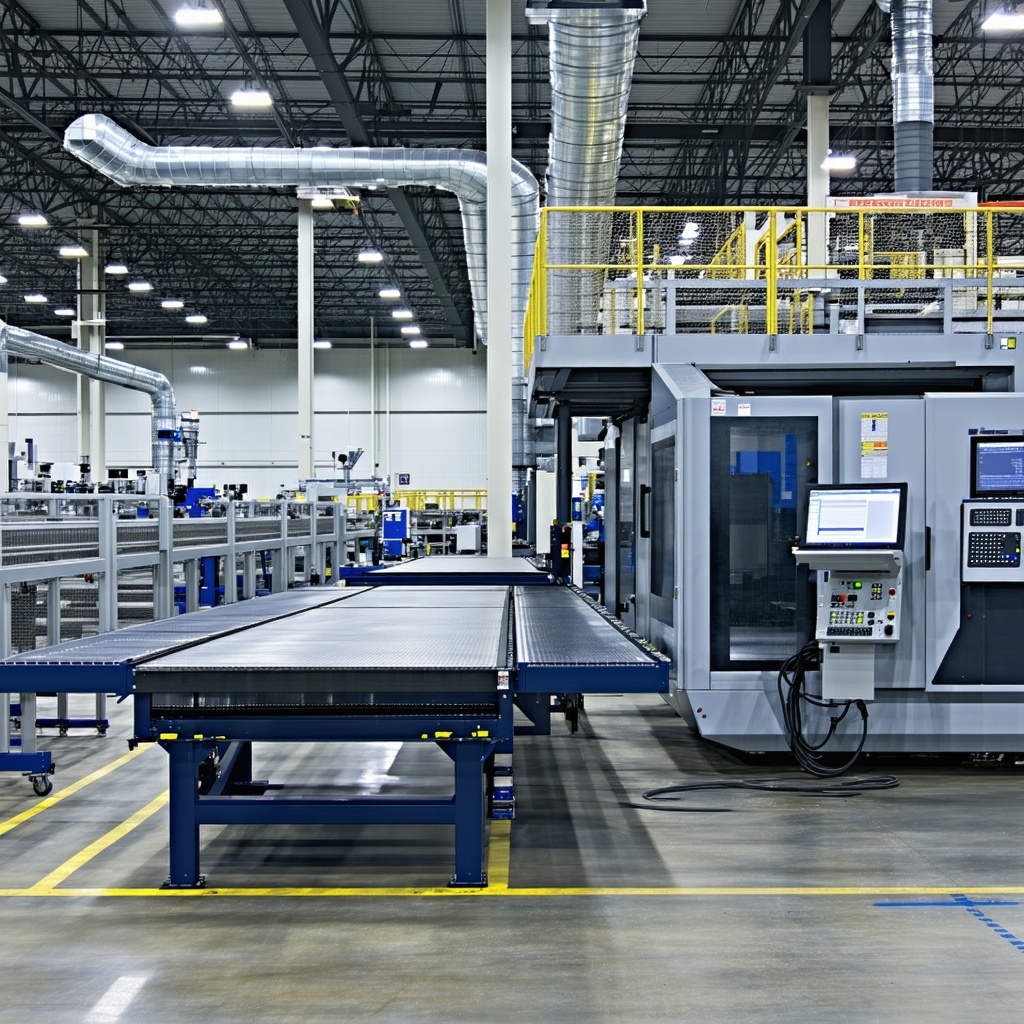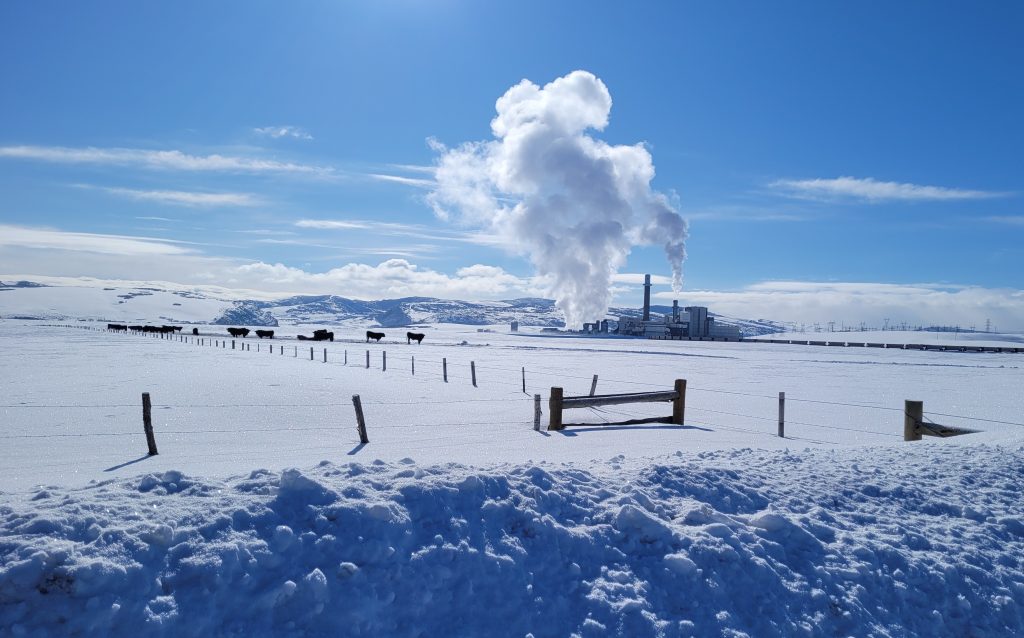The Vital Role of Agriculture in Northwest Colorado’s Economy
The Northwest Colorado Food Coalition on March 5 hosted a regional food system convening in partnership with the Economic Development Council of Colorado. This event, held in Craig, was part of a broader conversation about economic development in the region.
It might be surprising to see agriculture featured prominently in discussions about economic development in the Yampa Valley, but in times of economic uncertainty, primary sectors like agriculture serve as a stabilizing force. In economic development terms, primary sectors refer to industries that create goods or services that are in demand from consumers outside the region. Agriculture, along with mining and energy, has historically been one of the foundational pillars of Northwest Colorado’s economy, contributing significantly to its financial stability and resilience.
The current landscape of agriculture in the Yampa Valley
Agriculture remains an essential industry in Northwest Colorado, supporting local livelihoods and serving as a key economic driver. Ranching and farming in the Yampa Valley not only provide food for local and national markets but also help maintain the open spaces and natural beauty that attract tourism and outdoor recreation. However, like all industries, agriculture is subject to larger economic forces, including market shifts, supply chain disruptions and trade policies.
One pressing challenge currently facing agricultural producers in the region is the impact of international trade tariffs. Global trade dynamics, including retaliatory tariffs on American agricultural exports, have placed additional strain on farmers and ranchers who rely on stable export markets. These challenges highlight the need for local and regional food systems to become more resilient, ensuring producers have diverse market opportunities.







